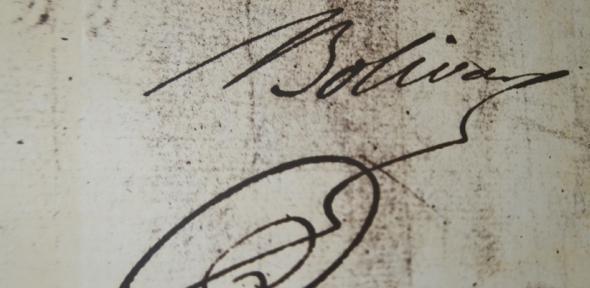
Recollections of CLAS: Tony Bebbington, CLAS Research Officer 1989-1995
Higgins Professor of Environment and Society and Director of the Graduate School of Geography, Clark University
I was appointed to a Research Officer position in the summer of 1989 and began in late September. At that time the people most involved were: David Brading as director; David Lehmann who had his office there; Sarah Radcliffe who was a Research Officer (she began a year before me); and Valerie who ran the Centre. The other faculty who were most active and present in colloquia were Peter Ward and Steve Hugh-Jones, and there were two Economics PhD students who had office space, Sue Szabo and Stefan Koeberle. I maintained contact with each of them, most of all Sue. Both became Young Professionals at the World Bank. Stefan is still there and senior; Sue left the bank and now holds a senior position in IDRC in Canada.
What have been the major strengths of CLAS, both in the past and in the present, in your view?
Of course, the faculty associated with the Centre have been great scholars each in their own way. But I think the greatest contribution of the Centre has been its Research Officers. Those positions allowed young scholars to get established with a publication and a postdoc project that then helped them move on quickly. Just thinking of those in my time or shortly after: Sarah Radcliffe, Alissa Trotz, Sian Lazar, David Cleary ….. those are big contributions to Latin American Studies, globally.
If research on Latin America is also carried out in different departments in the university, what is the value of having a Centre of Latin American Studies, do you think?
I think a lot of people who work on Latin America define themselves more by the region than by their discipline – making the Centre important. The Research Officers would not be nurtured as Latin Americanists in any other way. The faculty need a point of convergence to discuss Latin America, and to celebrate and enjoy it. Their departments will never offer that.
Do you think Area Studies as an approach is as important now as it was when the Centre was set up back in the 1960s?
More important: I would suggest that the most important political processes in the world today are regional phenomena. They may then globalize, but their roots are in regional dynamics. Area expertise is critical to understanding those processes. Disciplinary slicing and dicing militates against understanding the complex regional bases of these phenomena.
Which key moments in CLAS’s development stand out for you – any conferences or events, or partnerships, which mark particular successes or breakthroughs? Any anecdotes…
I remember the day after the Sandinistas lost the elections spending a long time in the corridor (in the Seeley Building) with David Lehmann and Brian Meeks (a visiting scholar then, now head of Africana Studies at Brown), trying to make sense of the loss and its implications. I think that is the memory that most stands out for me. A historic day shared in the building.
September 2016
